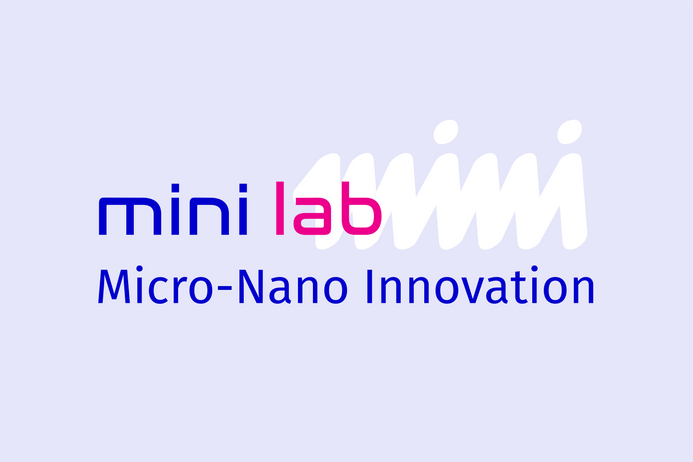Micro-Nano Innovation Lab | mini lab
Main content blocks


About us
Research lab info
What we do
The Micro-Nano Innovation Lab ("mini lab") investigates multidisciplinary approaches to develop new intelligent sensing and robotic strategies at micro/nanoscale. We study nanotechnology, light-matter interactions, micro-particle dynamics, microscale fluid dynamics, and bioengineering to reach our goal. The research involves the design and manufacture of micro/nano systems for diagnostics (e.g. infections, cancer, neurodegenerative diseases) and microscopic therapies/surgeries (e.g. localised drug delivery, novel minimally invasive procedures).
Why it is important?
Timely identification of illnesses, less intrusive interventions, and precise/personalised treatments in challenging-to-reach areas within our bodies are essential technologies for improved healthcare management. The foundation for empowering these technologies lies in the development of devices capable of sensitively detecting disruptions in microenvironments that impact normal tissue physiology and of precisely addressing these issues via targeted drug delivery, surgery, etc. at the cellular and molecular levels (micro/nano scales).
How can it benefit patients?
- It can reduce excessive physical and biochemical alterations to the tissue microenvironments (scarring, antimicrobial resistance, etc.), offering a better prognosis with fewer side effects.
- Micro/nanodevices can be engineered to be implantable, enabling long-term health monitoring and treatment.
Meet the team
Results
- Showing results for:
- Reset all filters
Search results
- No results found
This data is extracted from the Web of Science and reproduced under a licence from Thomson Reuters. You may not copy or re-distribute this data in whole or in part without the written consent of the Science business of Thomson Reuters.
